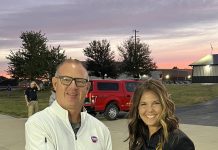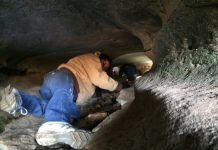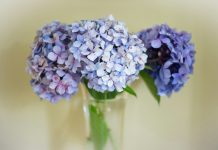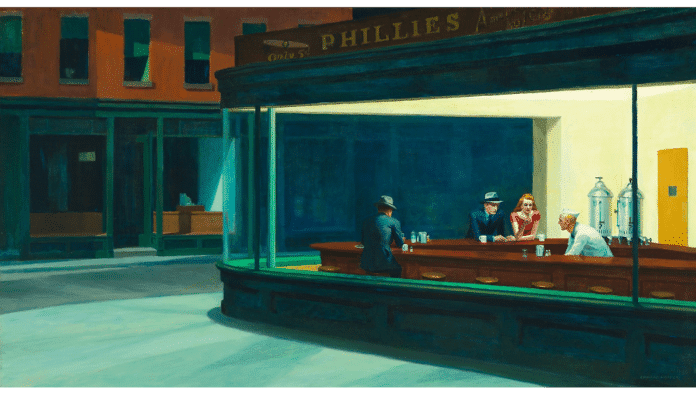As artCentral’s current exhibition All Creatures Great and Small continues to grace the walls of Hyde House, creatures are on my mind. Creatures great. Creatures small. Creatures above us and below us. All around us.
Every day creatures inhabit my stream of consciousness. You know how this goes. A sound or an image leads to a thought then to a word which leads to the next and another and then another.
This happens to me from time to time when my husband and I are sitting for our morning meditation, and I am putting my thinking at rest. Just as my body and mind are moving into a state of surrendered stillness, a river of streaming, associated thoughts begins. While David breathes quietly beside me I reach for my bedside paper and pen to note the delivery. My meditation evolves into a reverie.
A recent stream began as a high-pitched “peent” call came through our open bedroom window—the call of a nighthawk foraging for aerial insects at dawn. I recognized the call. With eyes closed I could picture the bird like the ones we see gracefully looping above our lawn when we sit on our front steps in the twilight of an evening. (“Nighthawk” seems a misnomer, since this slender bird is neither strictly nocturnal nor closely akin to hawks.)
The call of this morning’s nighthawk was accompanied by the summer’s-end chirping of quietly chorusing crickets and the low, mournful whistle of a train approaching from a distance. I thought, “Ah, autumn is coming upon us.” There is a new stillness settling in. Change is in the air. The sun’s rays have less intensity as first leaves begin to yellow and come twirling down. Am I ready? The feeling of a familiar melancholia is present—that feeling that always comes when one season shifts into the next.
In spite of the promise of a brilliant Carthage autumn in-the-making, as people often do when a time and place have been pleasing, I am yearning for our summer to linger longer—like we do over cappuccinos as we sit with our puppies to enjoy a mild breeze outside a bistro—like the folks in Vincent Van Gogh’s beautiful 1888 oil painting, “Café Terrace at Night” that celebrates an Arles coffeehouse in France.
Having looked often and considered well the nighttime setting in Van Gogh’s eatery and the indoor-outdoor juxtapositions populated with figures arrested in motion, I am struck by the resonance of the similarities and contrasts I find between Van Gogh’s “Café” and another favorite oil painted in 1942 by Edward Hopper and titled “Nighthawks”. (Hopper’s biographer, Gail Levin, speculates that Hopper may have been inspired by Van Gogh’s “Café” which was showing at a gallery in New York City in January 1942.)
“Nighthawks” is Hopper’s most famous work and is one of the most recognizable paintings in American art. Within months of completion the painting was sold for the then impressive sum of $3,000.00 to the Art Institute of Chicago where “Nighthawks” still resides.
Starting soon after they married in 1924, Edward Hopper and his wife, Josephine (Jo) kept a journal in which he would make a pencil sketch-drawing of each of his paintings along with a detailed description of certain technical specifics. Jo Hopper would add other information illuminating themes of a painting.
Hopper’s “Nighthawks” portrays people seated late at night in a downtown New York diner on Greenwich Avenue where two streets meet, a corner I know well from my years in Manhattan. The red-haired woman was modeled by the artist’s wife whose notes include the provocative possibility that the title may make reference to the “Man night hawk (beak) in dark suit” at the bar. The anonymous uncommunicative customers and the man behind the counter appear lost in their thoughts and remote from each other and the viewer.
Though Hopper insisted he did not infuse this or any other of his paintings with symbols of human isolation and urban emptiness, he did concede that in “Nighthawks” he was probably unconsciously painting the loneliness of living in a big city. I certainly had lonely times while living in New York among eight million people, but lonely times can happen to us anywhere, any time—living in a city or in the country or in a small town like Carthage.
How do we assuage our human loneliness? My stream of consciousness, begun with the cry of a morning nighthawk, suggests perhaps I am not the only one who finds the presence of animals so wondrously comforting, whether they companion us as pets in our homes or as fishes in the seas or as nighthawks circling and crying in an end-of-summer sky.
You’ll be comforted, uplifted and inspired by the sixty-six marvelous images found in All Creatures Great and Small, artCentral’s awesome exhibition. Generously underwritten by Central Pet Care, this collection features the works of sixteen members of the Four State Photography Enthusiasts (FSPE) on view through September 22, during weekend gallery hours. The public is invited. Admission is free. Detailed information can be found at www.artcentralcarthage.org.
















